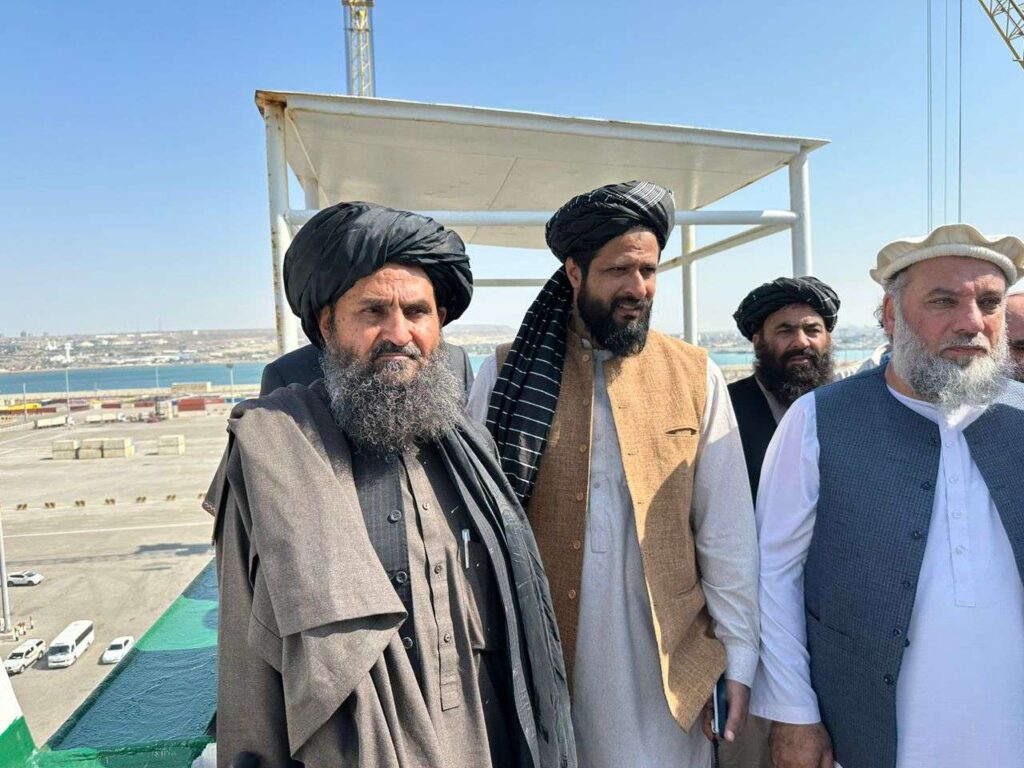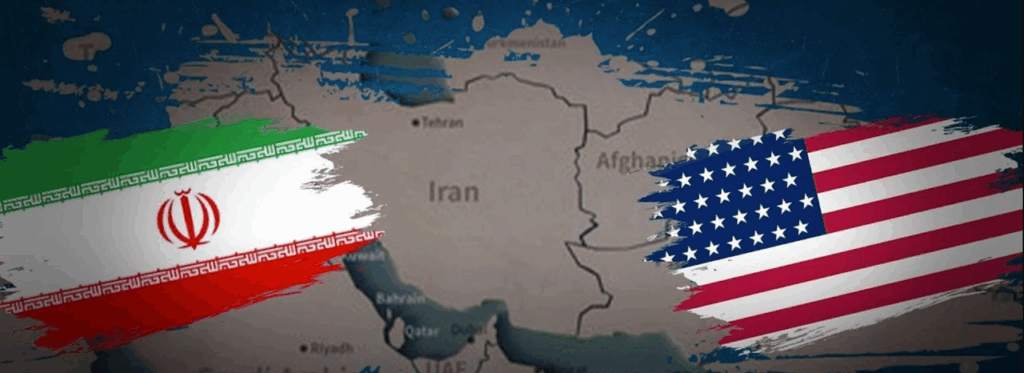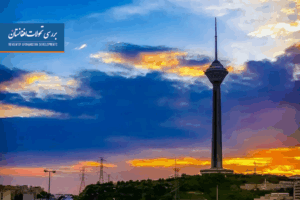Review of Afghanistan developments
Iran, being one of Afghanistan’s largest neighboring countries, exerts considerable influence over the circumstances within Afghanistan. This influence can be attributed to the close geographical proximity, as well as the extensive political, security, economic, social, and cultural connections that are regarded as inherent. The nature of the relationships between Iran and other countries, particularly the United States, also influences Afghanistan. Over the last fifty years, the adversarial relationship between Tehran and Washington has had an impact on Afghanistan as well.
With Donald Trump’s re-entry into the White House, the U.S. president, whose actions previously strained relations by dismantling the JCPOA agreement, has introduced a new policy initiative. Trump pretends to be attempting to elucidate the status of US relations with Iran, as evidenced by his fluctuating rhetoric that alternates between discussing threats and advocating for diplomacy and negotiations.
In light of Trump’s suggestion for negotiations, officials from both nations have engaged in indirect discussions, with the initial two rounds taking place in Muscat, the capital of Oman. Assuming that the relationship between Iran and the United States hinges on these ongoing negotiations, two potential impacts on Afghanistan can be identified.
Negative effects
Should the negotiations collapse, Trump has threatened a direct military strike against Iran. However, such an action seems improbable due to Iran’s robust defense systems and the presence of U.S. interests and military installations both in the region and elsewhere. In this scenario, the United States will prioritize the implementation of stricter sanctions against Iran, along with the establishment of an economic and political blockade on the nation.
A probable scenario in this context involves the United States attempting to impose limitations on Afghanistan’s interactions with Iran, aiming to influence the evolving economic ties between Tehran and Kabul. It is anticipated that the bilateral relations between Iran and Afghanistan will remain largely unaffected by this situation. However, it appears that the United States may attempt to intimidate any third country involved in these economic ties to withdraw its participation.
Afghanistan’s efforts to utilize Chabahar Port in collaboration with India are presently hindered by sanctions. Should negotiations not succeed, India might fully disengage from the project due to pressures from the United States.

The new circumstances may also impact Afghanistan’s transit route to Turkey and Europe through Iran. As Iran is the primary exporter of goods to Afghanistan, the imposition of stricter sanctions on Iran will have repercussions for the Afghan economy.
The effects of the increasing US sanctions on Afghan refugees residing in Iran warrant further examination. This impact can be observed in two primary ways. Firstly, as the economic conditions in the Islamic Republic of Iran deteriorate, the opportunities for employment and living conditions for Afghan refugees are likely to diminish, potentially prompting some to return to Afghanistan. Secondly, a significant portion of Afghan families’ income is dependent on their family members working in Iran; thus, the depreciation of the Iranian currency against foreign currencies, resulting from the intensified sanctions, will exacerbate the financial hardships faced by these families.
Positive effects
Should the discussions between Tehran and Washington prove successful, there would also be beneficial implications for Afghanistan. Generally, the positive outcomes would contrast sharply with the anticipated negative effects. Economically, a mutual understanding between Iran and the United States would likely result in a decrease in sanctions imposed on I.R.Iran. This alleviation of sanctions would enhance the economic vitality of Iran, boosting its production and export capabilities, and consequently strengthening the value of its currency in relation to foreign currencies.
The advantages of this scenario for Afghanistan include an initial improvement in the conditions of several million refugees residing in Iran. The remittances sent by Afghan workers in this nation to their families back home will significantly bolster the Afghan economy and enhance the availability of foreign exchange resources within the country.
Even the Central Asian nations interested in the Chabahar port will discover various investment prospects at this location. Furthermore, beyond the Chabahar port, Afghanistan will gain additional transit options through Iranian territory to Turkey and Europe, which could significantly enhance the Afghan economy.
Should sanctions be removed, the flourishing economy of the Islamic Republic of Iran may present favorable prospects for Iranian investors in Afghanistan. Additionally, from a political standpoint, Afghanistan would no longer face US pressure regarding its ties with Iran, allowing it to pursue and enhance its political relations with Tehran with greater assurance.
Although the future of the discussions between Tehran and Washington remains uncertain, and given Trump’s track record of not honoring commitments, it is unwise to anticipate his typical behavior. Consequently, Afghanistan and Iran, as neighboring countries, should brace themselves for the potential adverse effects stemming from Trump’s policies. While it is quite challenging to eliminate American influence from the international relations of nations, it is essential for the two neighboring countries to adopt strategies to mitigate the adverse effects on their bilateral relations, even in the event of a deterioration in the situation between Tehran and Washington.
The Islamic Republic of Iran has consistently supported the people and governments of Afghanistan during challenging times, demonstrating its solidarity throughout different periods.

















